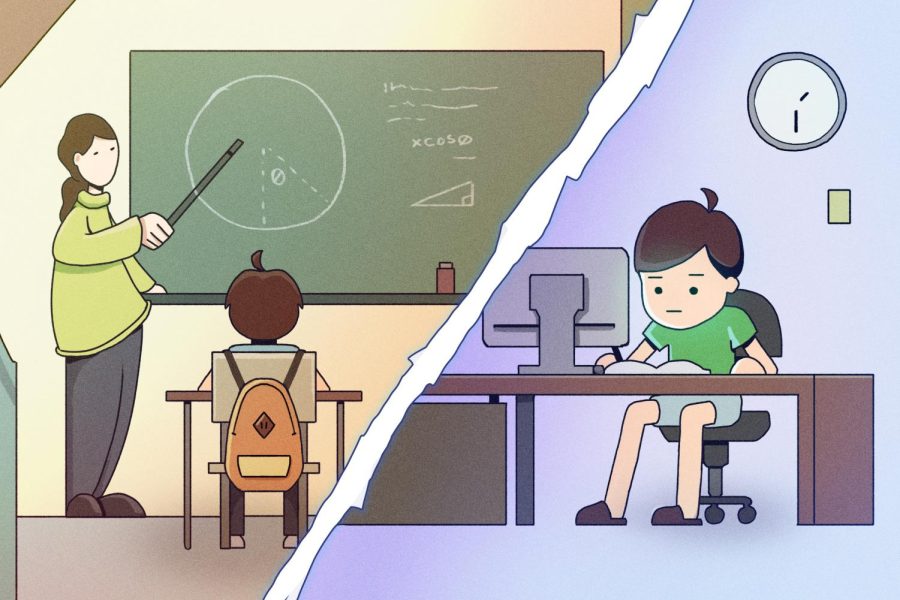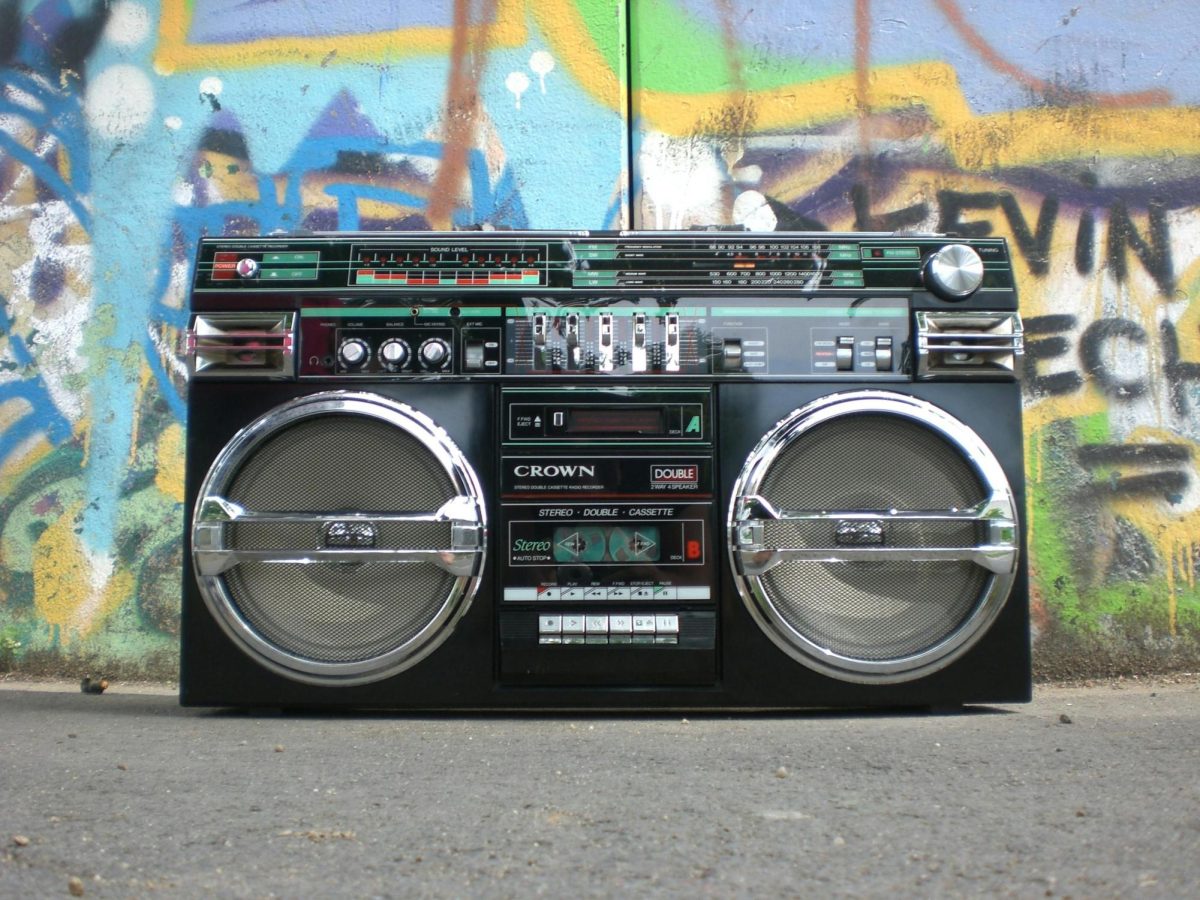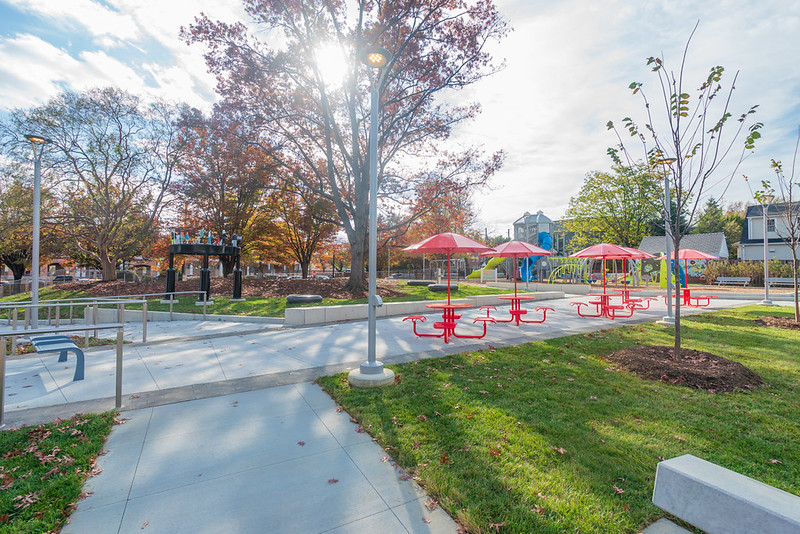Students did poorly on last spring’s PARCC tests, according to a new report by the Maryland State Department of Education. More than half of students at the school, county and state level did not meet scoring expectations. Though Whitman did better than MCPS and Maryland as a whole, only a low percentage of students received scores indicating college and career readiness.
One major concern the PARCC scores raise is the sizable achievement gap between students of different ethnicities. In MCPS, 55.8 percent of white students scored a four or a five out of five on the English 10 PARCC, compared with 66.3 percent of Asian students, 27.4 percent of African American students and 26.2% of Hispanic/Latino students, according to a memo from MCPS interim superintendent Larry Bowers.

The unusually low scores may be due to the minimal effort many students put into the test because they knew scores would not count for a grade.
“I’d say half the kids when I was proctoring it were blowing it off,” math teacher David Paulson said. “They just hit next, next, next, next, next and then they took a nap. Nobody took it seriously because it didn’t count.”
Scores may improve in the next few years when passing the test becomes a graduation requirement.
“I think it’s just human nature that you may not do as well or put in your biggest effort unless it gets you somewhere,” testing coordinator Kathy McHale said.
Another possible cause of the low scores is that students were not taught sufficient information before testing in March. Students were only 70 percent through class material when they took the math and English exams. On the Algebra II PARCC, even more material was new because the test was designed to go with the new Algebra II curriculum, which had not yet been implemented.
“You can only answer, ‘I don’t know how to do this’ so many times before you give up,” Paulson said. “Even though [students] might have been able to do stuff at the end, they had already given up.”
Some degree of difficulty can be expected whenever making such a drastic switch in testing systems—when Maryland began using the HSA, students did poorly at first, but scores improved over the years.
Even before the poor results came out, PARCC was viewed as a more difficult test than the HSA. In fact, PARCC’s rigor, along with its alignment with Common Core, was part of the reason the county switched from the HSA.
Still, some doubt that this change was the right decision.
“I think that the HSA is a better test simply because of how we have been taught to take tests,” junior Grace Hering said. “Having it be on paper rather than on computers is fairer because computers can be distracting and some students don’t learn well on screens.”
But now that students and teachers know what to expect from PARCC, the test should go more smoothly in years to come.
“I think the PARCC was a disaster and I’ve been a testing coordinator for 15 years,” McHale said. “Last year it was very painful for everybody to practice it, but it was good because we learned about all the little things that you go through painfully the first time when you try something new and I think it will improve.”









Don't Ignore Facts • Dec 3, 2015 at 7:55 am
Another test/study, another piece of evidence that proves that Asians have highest intellect.